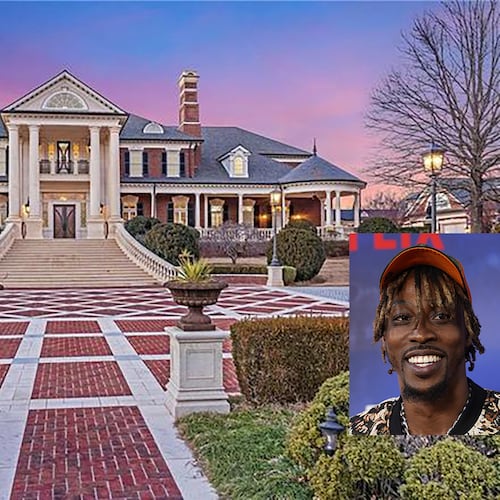The same hand that writes a powerhouse comedic scene can easily blaze through a quadratic equation. Yep, the writer who whips up Cam’s conundrum on “Modern Family” may have a virtual calculator in his or her noggin.
An impossible union of both sides of the brain? It happens, according to Peter Desberg and Jeffrey Davis, the authors of “Show Me the Funny: At the Writers’ Table With Hollywood’s Top Comedy Writers” (Sterling, $14.95). That’s one of the revelations the pair uncovered while interviewing more than two dozen successful TV and movie comedy scribes from throughout the past 50 years, from those behind “The Honeymooners” to “SNL.”
Desberg and Davis both teach college, and know a thing or two about crafting comedy. The former has written joke books, and as a licensed clinical psychologist has helped some of the top funny folk in show biz battle stage fright. Davis, the son of a comedy scripter, has some writers’ table cred himself, having put snappy words in the mouths of characters from classic sitcoms such as “Night Court” and “Diff’rent Strokes.”
Despite the collective experience, they knew they could learn more. The pair set out to pull back the comedy writer curtain, by giving a cross-section of writers the same premise. They then interviewed each writer and chronicled the process.
Q: As comedy writers yourselves, what are some new things you learned?
Peter Desberg: When Jeffrey and I were first thinking about what we were going to get, we were kind of wondering if these writers were going to go more for character or story. What we found out was neither. They all went for conflict. And what they kept pointing out was all good comedy comes out of conflict. What was even more interesting was down the line we were doing an interview with one of the co-creators of "Get Smart," who went all the way back to "The Honeymooners." And he was saying that he uses conflict with everything he writes, but his conflict isn't hostile. It comes out of love.
Q: How do today's TV and film comedy writers compare to the old school?
Jeffrey Davis: What I found is that the writers we interviewed really built on what had come before and really knew their stuff. They knew their history. We had one great experience when we interviewed a writer by the name of Bob Myer, who, among other things, ran "Roseanne." They took a very famous Jack Benny joke -- the "Your Money or Your Life" joke -- and turned it on its head. Among the many things I discovered while working on this book is that really good writers are really aware of the history of their industry and their craft. They don't try to reinvent the wheel. They [start] where [others] left off and really study the business. That surprised me a little bit, even though I've been around it all my life.
Q: What's the chemical make-up of the average comedy writer?
P.D.: One really surprising thing that came out of this was [we found] that probably close to a quarter of the writers had advanced degrees in math and science. What was interesting was these guys were really good at crafting stories, at organizing things and making sure the story always made sense. ...One of the other interesting things we noticed was not only are these writers coming up with stories and jokes in real time, but naturally they narrate as they do it. So you actually get to read [a writer] think aloud and show their problem-solving process. A lot of writing professors throughout the country have been adopting our book as a way to help their students who are learning how to write.
Q&A and book signing with Peter Desberg and Jeffrey Davis. 6:30 p.m. March 31. Free. Peerless Book Store, 8465 Holcomb Bridge Road, Johns Creek. 770-650-7323, www.peerlessbookstore.com.
About the Author
The Latest
Featured

